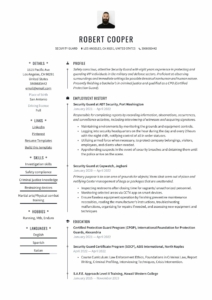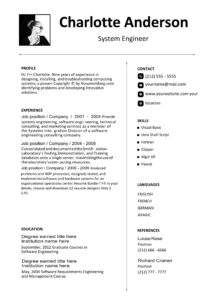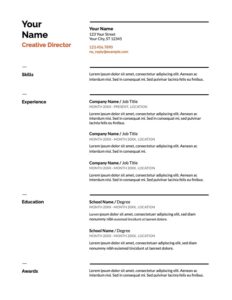A notification bleeps: “You’ve got mail.” The email contains an offer letter from one of the organizations you have interviewed with recently.
“We are very excited to welcome you onboard in X role, blah, blah, blah. Please sign the attached contract and send back to us before y date.”
What is supposed to be the reason for popping the champagne and doing a small victory dance has now turned into cause for anxiety and awkwardness on your part. You are not interested in accepting the job anymore. Now what?
The first human reaction is usually not to respond and move that particular email into a to-do folder. Sort of an out of sight out of mind strategy. If you do not respond, perhaps the manager will get the message and move on?
Ghosting Alert!!! The worst response for any hiring manager is receiving no response and a candidate going off the radar upon extension of an offer letter. Walk a mile in that manager’s shoes for a moment: “How would you feel if someone ghosted you?”
As a side note: Recruiters and hiring managers have memories like elephants. They remember two types of candidates, the really exceptional ones and those who vanished after receiving job offers.
Why you have to say ‘’No.’’
There is power (and dignity) in expressing a positive ‘’No’’. These are the reasons why you should decline a job offer properly:
- Affording closure to the process and allowing the hiring manager to go back to the next candidate in line (which at the moment is waiting anxiously for feedback they are not getting, because the organization is waiting to hear from you).
- Providing vital information that the hiring manager may use to ensure their next offer is successful especially if the salary was too low, the process took to long or position not sufficiently explained (believe me they will come to thank you later).
- Keeping your integrity and professionalism intact (aka not burning a bridge). You may need that bridge in future as you never know where that hiring manager will land up. Possibly at the next company, you are interviewing at in a few years time!
Before saying ‘’No.’’
Declining a job offer professionally requires a bit of preparation:
- Firstly acknowledge the fact that this is an uncomfortable situation and that you are going to disappoint someone.
- Secondly make a pact with yourself to not negate on your decision, no matter what the response is following your decline conversation.
- Thirdly, think about the reasons for your decision and write them down.
You are now left with two choices: Pursue the less awkward route and send an email or face the situation head-on and call the hiring manager directly.
The latter (calling) is best especially because the employment company has put a lot of time and effort into the process with you. Rise to the challenge and avoid hiding behind an email or text.
Say ‘’No’’ like you mean it
Crafting a decline script is next on the agenda. Your response script should have an appreciation; a “no thank you,” a brief reason for the decline and a best wishes section.
For example:
- Appreciation – “Thank you for the opportunity to interview for X role at your company. I sincerely appreciate your offer and time and effort exerted during this process.”
- No thank you – “Unfortunately, after careful consideration, I have decided not to accept your offer.”
- Reason – “As mentioned during the interview X (state your motivations for moving) is critical to me, and this position is not entirely suited to those X requirements” OR, “I have found an opportunity better suited to my career objectives.”
- Best wishes – All the best with your searching activities and I’m confident that you will find a suitable candidate very soon.
Aim to keep your tone polite, yet authentic. There is no need to sugar coat your response by bestowing lengthy praises to the company and hiring manager.
Avoid waffling on about the fact that you were not able to sleep or eat for days because this was such a difficult decision to make. On the other hand, also refrain from nuking the relationship by ranting and raving about the inefficiencies in their interview process.
Read your conversation script out loud a few times, or practice with a friend until you feel comfortable (and your heart stops racing).
The probability of a hostile response is slim, though if you are met with aggravation and contempt, remain calm, let the person vent and then courteously end the conversation.
Offer sacked, but reputation still intact
You are not the first candidate to decline a job offer, and you will indeed not be the last.
Executing a decline response can sometimes be more nerve wrecking than negotiating your salary with a potential employment company.
Gracefully rejecting a job offer with a personal call to the hiring manager shows that you have courage and character strength to see something through to the end (qualities that will be remembered by the way).
“So, take a deep breath and pick up that phone. It’s the right thing to do.”




